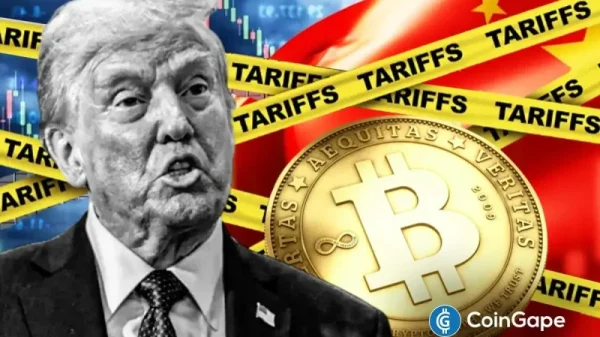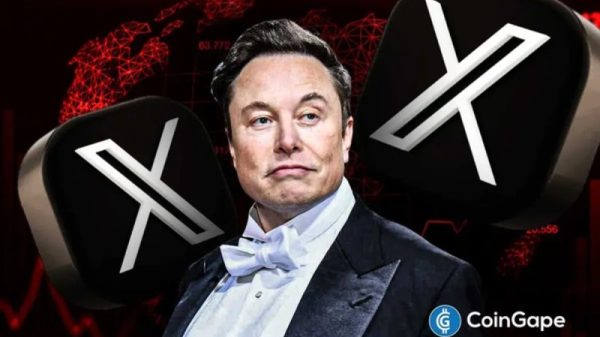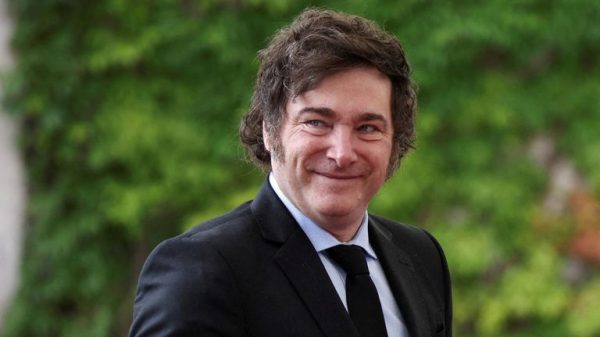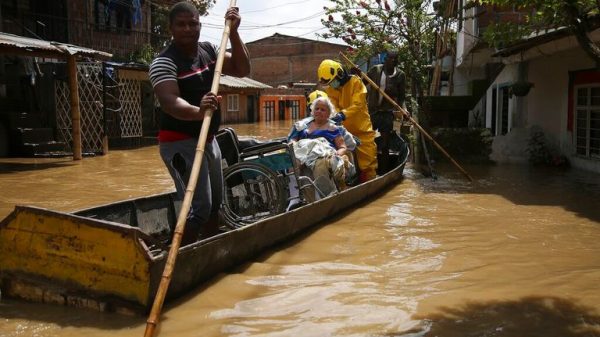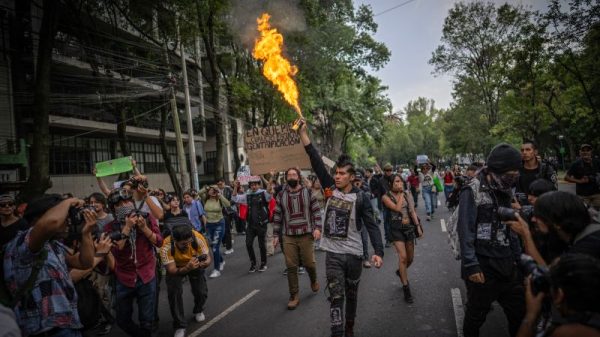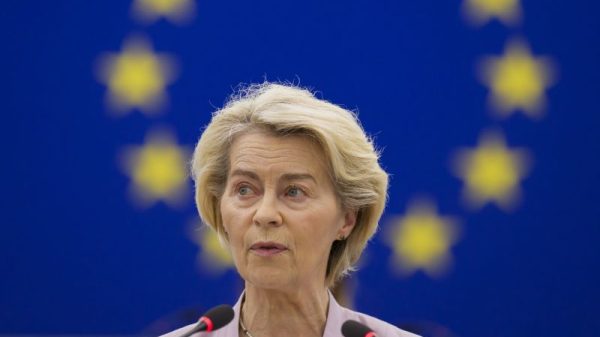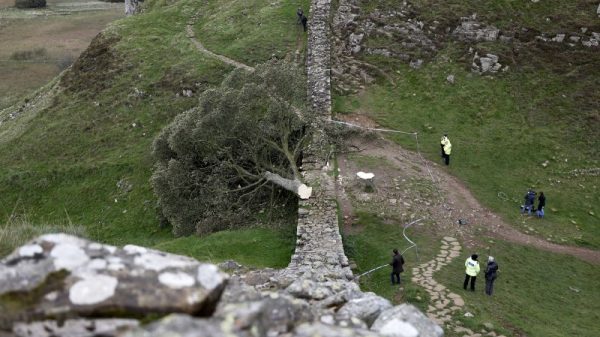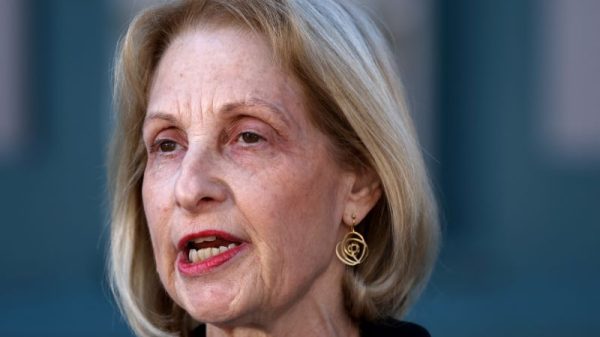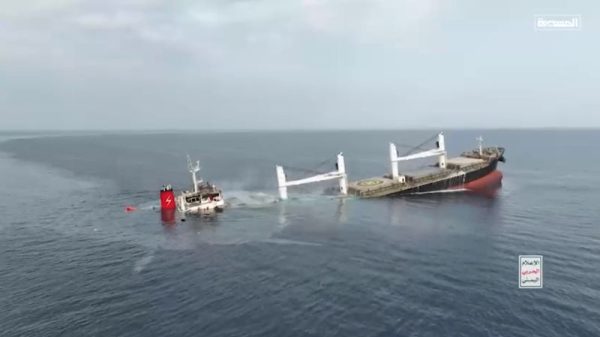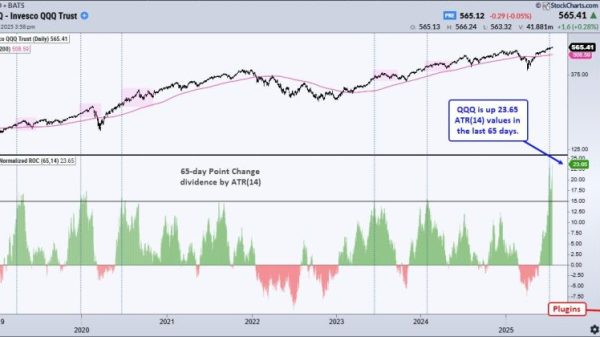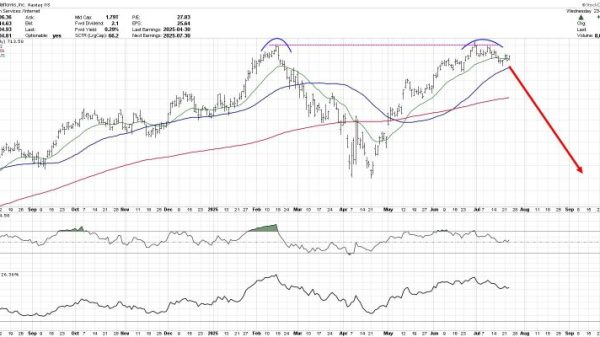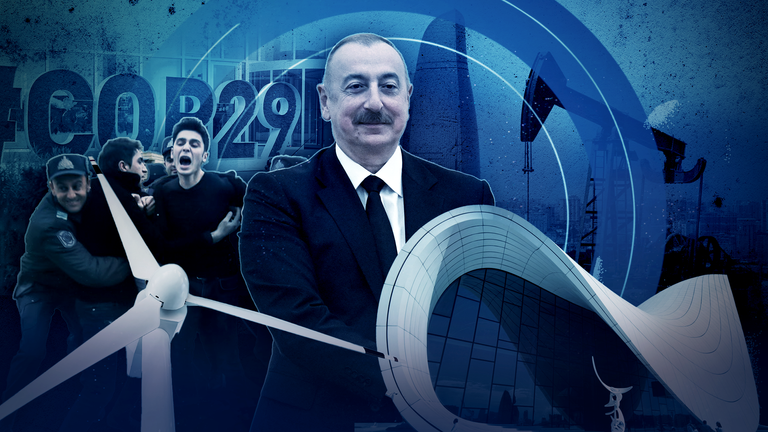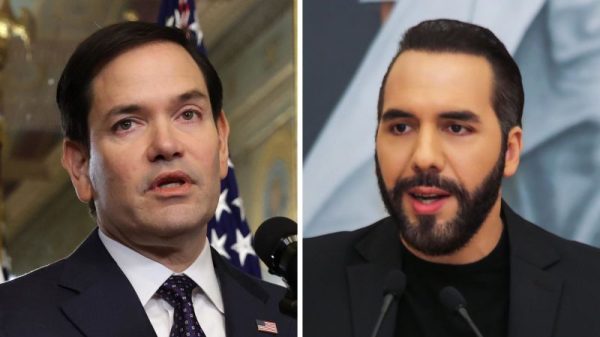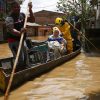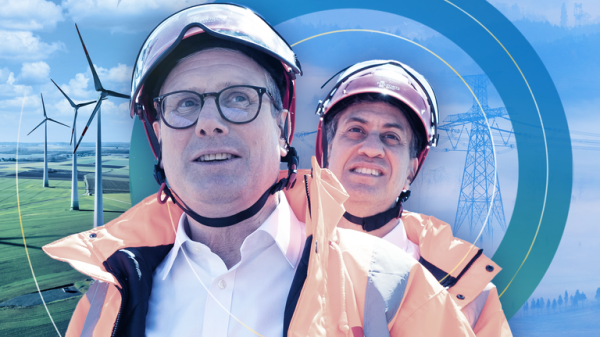Azerbaijan, a major oil and gas producer accused of serious human rights abuses, is “perfectly suited” to host a critical global climate summit, according to its man in charge.
Before the COP29 climate talks kick off in the capital Baku on Monday, the president of the talks, Mukhtar Babayev, told Sky News the country has plenty to bring to the table.
Sandwiched between Russia and Iran, bridging Europe and Asia, Azerbaijan is “strategically located” to bridge differences between regions, he said, as countries assemble with wildly different ambitions, grudges and fears for the talks.
But there’s another reason, said Mr Babayev: its role as a major oil and gas producer.
Baku is the “world’s first oil town”, home to the world’s first industrial oil well from 1847. Relics and tributes to its source of wealth adorn the city, from the old oil pumpjacks to its three flame-shaped skyscrapers.
“As a hydrocarbon producer that is investing heavily in the switch to renewable energy, we are well-attuned to the needs of the energy transition,” Mr Babayev, who declined an interview, said in a written Q&A.
But it is also investing heavily in its gas, aiming to boost production by more than 30% over the coming decade.
And COP chief executive Elnur Sultanov was secretly filmed apparently using his role to discuss gas deals.
Campaigners see this as at odds with the climate leadership role it has put itself forward for by hosting one of the annual United Nations COP talks.
Shereen Talaat, founder of the regional climate group MENAFem, said expanding gas production risks “undermining their own credibility and jeopardising the future of our planet”.
The other ‘hypocrisy’
But Azerbaijan is hardly the first oil producer to host a COP summit. The UK was pumping out oil and gas from the North Sea as it hosted COP26 in Glasgow.
And Azerbaijan is more dependent on its oil and gas revenues, which provide 60% of the government’s budget and 90% of its exports.
Glada Lahn, energy specialist from thinktank Chatham House, said: “Unlike the UK, Azerbaijan’s high level of dependence on oil and gas rents means it has the incentive to increase its gas availability for export – especially when one major neighbouring consumer bloc – the EU – is asking for it.”
After Russia invaded Ukraine in 2022, and the EU sought to cut off money to Moscow by ditching Russian gas, it needed to look elsewhere.
That July, it signed a memorandum of understanding (MOU) with Azerbaijan to double the amount of gas it buys to 20 billion cubic metres (bcm) by 2027.
The EU’s “dash for gas” in the wake of Russian cut-offs and sanctions opened it up to its own accusations of “hypocrisy”, said Ms Lahn.
“And you can understand why. In asking countries like Azerbaijan, Egypt and Qatar for more gas, it appears to go against what they preach.”
It also appears to have prompted Azerbaijan to import more Russian gas to meet its domestic demand, so it could sell more of its own to the EU, Ms Lahn said, adding “it is ironic”.
Azerbaijan imported no gas from ally Russia in 2020 or 2021, but this jumped to 0.5 bcm in 2022 and 0.8-1 bcm in 2023, according to data from S&P Global.
Ilham Aliyev, the country’s autocratic president, this summer said it was because Russian gas was “very affordable”.
Detentions and crackdowns
Now, however, Azerbaijan’s gas deal with the EU is on shaky ground, as the bloc seeks to wind down its gas use and fossil fuel financing to meet climate goals.
European politicians also now feel queasy about working with the autocratic Azerbaijani government after its fierce crackdown on activists, independent journalists and critics.
Human Rights Watch (HRW) has documented cases of 33 people being detained since the start of 2023, most in the last 12 months, since Azerbaijan was confirmed as host of COP29.
“They have arrested an unprecedentedly large high number of people in a relatively short space of time, and an ever-widening circle of people,” said Rachel Denber from HRW.
The US State Department last year also detailed “credible reports” of “significant human rights issues”, including arbitrary killing, torture, political prisoners and unjustified arrests of journalists.
One of these was an academic with the London School of Economics, Dr Gubad Ibadoghlu.
He was arrested on a visit to Azerbaijan last year on counterfeit currency charges “universally considered to be spurious and motivated by his criticism of corruption in the country”, the US State Department said.
Mr Babayev told Sky News: “We strongly reject any allegations of political prisoners being held in Azerbaijan. We are disappointed that some actors are seeking to stir up a smear campaign and detract from the important work that lies before us.”
Commenting on this denial, Gubad’s son Ibad Bayramov said: “It is like someone looking at the sky and saying it is black. When you see that sky is clearly not black.”
Mr Bayramov, who this week visited London to urge UK MPs to call for his father’s release, told Sky News: “The Azerbaijan government probably thought they could find a way to hide all their totalitarian policies because [COP29] is about climate.”
But he said “more people now know about the human rights violations in Azerbaijan than ever before”.
In October the European Parliament said Azerbaijan’s “ongoing human rights abuses” were “incompatible” with its role hosting COP – a process that is supposed to engage with civil society.
Citing this, as well as fears upping gas imports from Azerbaijan might be “compensated in turn by Baku importing Russian gas”, the MEPs called on the European Commission to ditch Azerbaijan’s gas.
Good cop or bad cop?
The incentives to keep pumping gas and what’s left of its oil are strong.
Transitioning away from them, as countries pledged last year, would be “economic suicide”, said Gulmira Rzayeva from the Oxford Institute for Energy Studies.
Tap here to follow The World wherever you get your podcasts
But it is also highly vulnerable to the impacts of climate change, given its water scarcity and reliance on agriculture for one-third of its jobs.
One test of how it wants to balance these two threats will be in its new climate action plan, which may or may not be published during COP29. The current one has the lowest possible rating.
The other will be how it handles the next two weeks of talks.
Ruth Townend, who co-wrote a report with Ms Lahn, said the leadership could “dig in its fingernails and try to continue producing oil and gas for as long as possible”.
Or it could try to “break a new path… to move past fossil fuels to deal with that kind of vulnerability and essentially secure their future”.




